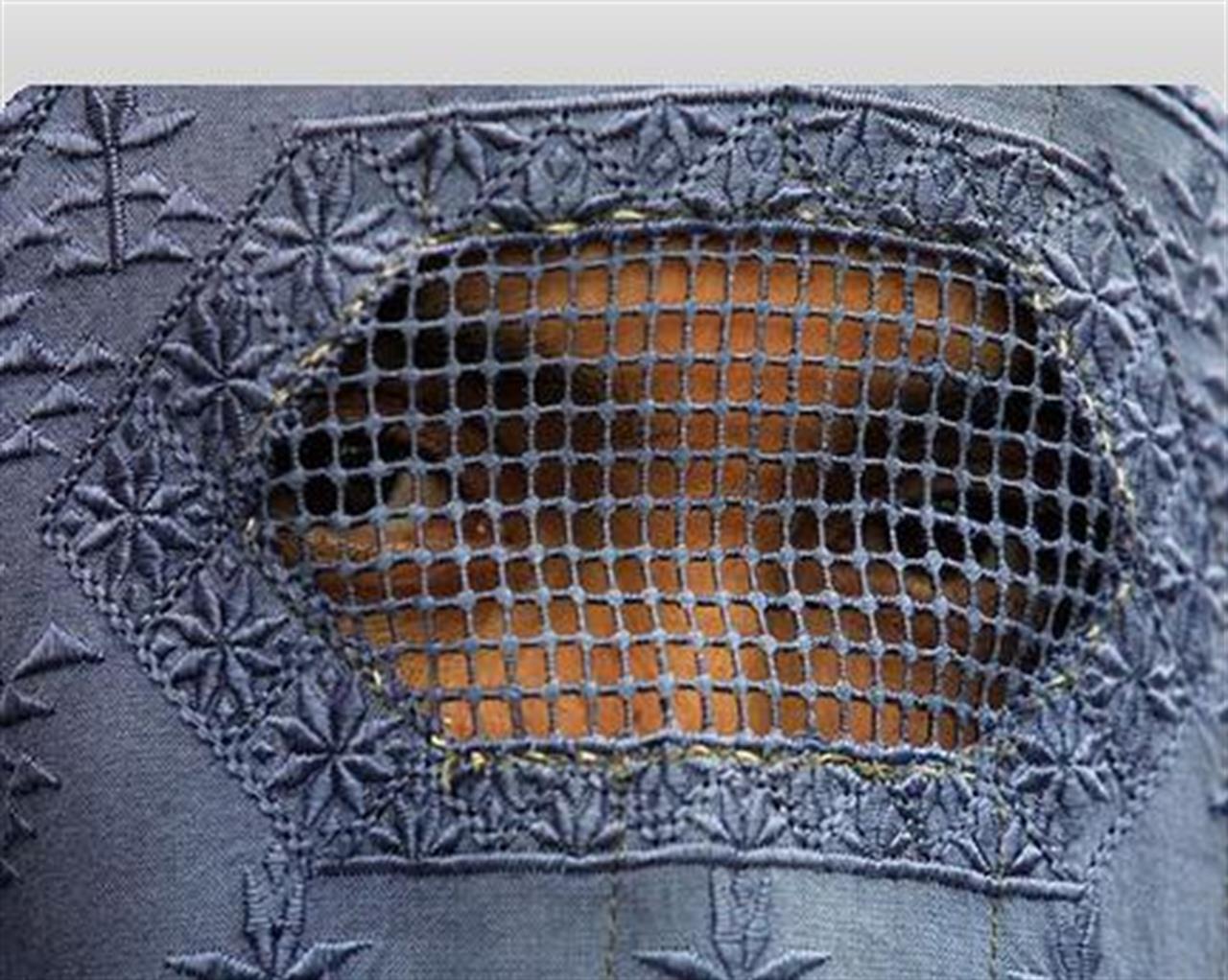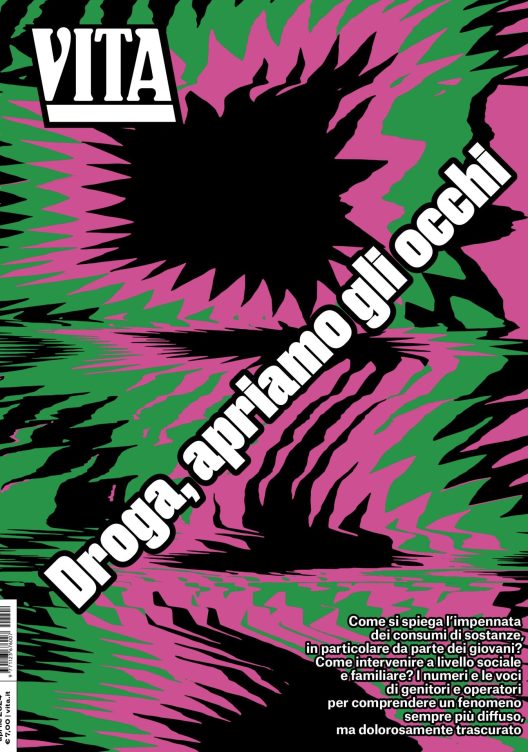Attivismo civico & Terzo settore
Europe divided over burqa
France approved a ban on the burqa but the European Council says such a ban defies Human Rights.

Tuesday July 13, the French lower house of parliament voted in favour of a bill to make wearing the niqab or the burqa illegal in public spaces. Women who defy the law will face fines of €150 and men charged with obliging a women to wear either of the veils will risk fines of up to €30,000 and up to one year in prison. France joins Belgium and Spain in passing similar bills.
Civil society is split over the ban.
Human Rights Watch and Amnesty International say that the ban “will contribute to the stigmatization of Islam and Muslims in general” and that while it is “being presented as an act to combat discrimination against women in actual fact it is an act of discrimination in itself.”
But there are also many civil society organisations that welcome the ban.
Ni Putes Ni soumises(Not Whores Not Subordinates), a French organisation fighting violence targeting women, that has consultative status at the United Nations, is defending the ban. The organisation believes that the burqa should be outlawed because it “parades the segregation of women.”
Over the past several months they have organised protests in support of the ban. There is a “need for a law that says enough to those who exploit Islam and reduce women to silence,” said Sihem Habchi, President of Ni Putes Ni Soumises, after a public debate on the issue, which turned violent, in May.
Council of Europe
The debate over the presence of the burqa has been spreading across Europe. In the Spring it caught the attention of the Council of Europe and on June 23 the 47 members of the Parliamentary Assembly of the Council of Europe (PACE) unanimously adopted a resolution against the ban.
The council did leave some wiggle room stating legal restrictions may be justified “for security purposes, or where the public or professional functions of individuals require their religious neutrality, or that their face can be seen.”
The ENAR – an EU-wide network of organizations combating racism in Europe- “welcomes the decision [by the Council of Europe] because it acknowledges and upholds the right of the individuals to choose freely to wear or not to wear religious clothing in private or public, as stated in the European Convention of Human Rights.”
According to Thomas Hammarberg the European Commissioner for Human Rights, the ban violates two articles of the convention that give the right “to respect for one’s private life and personal identity (article 8)” and “the freedom to manifest one’s religion or belief (article 9).”

